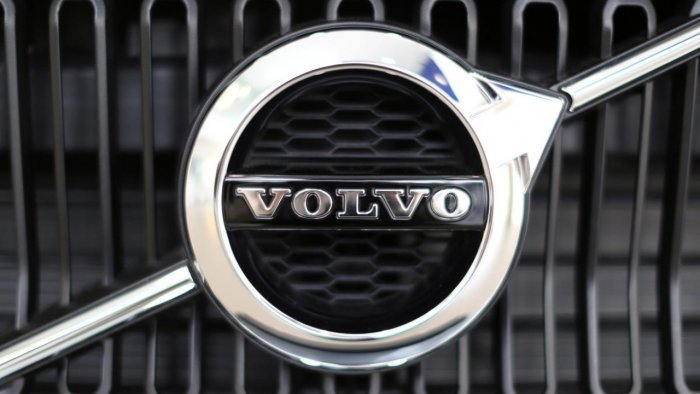It has announced to the Swedish firm that Volvo cars are only going to sell electric vehicles by 2030. It has also announced that it will get rid of all car models with internal combustion engines by then including hybrids. The car firm is also planning to invest heavily in online sales and simplifying its products. The company has also told that it is trying to capitalize on the growing demand for electric cars, including in China, which is already one of its biggest markets. Some of the carmakers are also responding to pressure from governments around the world to boost up their electric manufacturing plans. New cars and vans powered wholly by petrol and diesel will not be sold in the country from 2030 especially in the countries like the United Kingdom.
Volvo Cars To Be Upgraded To Fully Electric By 2030.
From the company side the Volvo chief technology officer, Henrik Green said that the company needed to switch focus The Volvo Europe head Bjorn Annwall has told that “There is no long-term future for cars with an IC engine.” He also said that “At Volvo, our customers expect high levels of us when it comes to human safety and they are starting to expect exactly the same thing when it comes to planetary safety, we aim to live up to that, it’s the right thing to do.” He also added that “The fully electric premium segment will be the fastest-growing part of the automotive market, so it’s very natural to focus on that.”

It was earlier this year that a budget electric vehicle (EV) selling in China for $4,500 (£3,200) is now outselling Tesla’s more upmarket cars. The compact car is proving a big hit for state-owned SAIC Motor, China’s top automaker. The Hong Guang Mini EV is being built as part of a joint venture with US car giant General Motors (GM). Last year sales of the budget electric car in China were around double those of Tesla, which was questioned this month over safety issues there. While the $4,500 Hong Guang Mini is the most popular model, there is an upgraded one with air conditioning for just over $5,000. The cars are being marketed as “the people’s commuting tool”. The joint venture partnership, SAIC-GM-Wuling, is known as Wuling locally. Car experts have said that while it clearly lags well behind Tesla when it comes to its battery, range, and performance, its convenience and low price have made it one of China’s bestselling “new-energy” vehicles. Having launched last year, the basic model has a top speed of 100km/h (62mph) and can accommodate four people at a squeeze.
However, the online push means customers will be able to order cars to their own specifications online, but also through a dealership. Volvo will not be investing in cars with hydrogen fuel cells, as it does not think there will be enough demand from customers. There is also a question mark over hydrogen’s availability in comparison with charging points for electric cars, a spokesman said. Volvo previously announced that by 2025, half of its sales would be fully electric, with the rest being hybrids. Last month, Volvo abandoned plans to merge with Chinese car giant Geely. But the two companies said that they would form a partnership instead to make components for electric cars that would be used by both firms.
In January, shareholders approved a merger between Fiat Chrysler and France’s PSA Group, creating the world’s fourth-biggest carmaker. Some of the analysts are in a single voice opinion that the new group, Stellantis, would be able to “bet big on new innovations in electric, connected and autonomous vehicles”,
On the other hand, as a matter of fact Global carmakers continue to pursue alliances to spread the cost of the transition to electric cars, tougher emission rules, and autonomous driving, as well as pooling expertise and resources.
Leave a Reply
You must be logged in to post a comment.